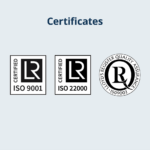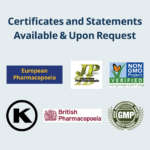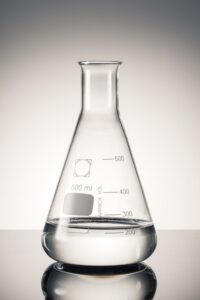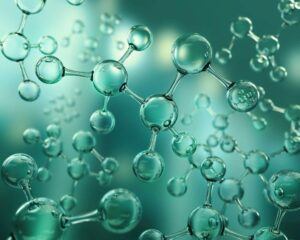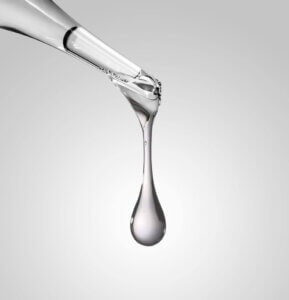192 proof Ethanol
If you’re business is interest in pharma or electronic grade alcohol, our Ethanol 96% (192 proof) is the product for you. We are able to supply the highest quality and do so consistently in order to meet your distinctive demands.
Our Ethanal 96% is made by fermenting sugarcane molasses, grain or sugarbeet. After fermentation, the ethanol is purified through repeated distillation and rectified to 96% alcohol content.
What is Ethanol 96%?
192 proof ethanol, or ethanol 96% is a high purity medical grade ethyl alcohol. This rectified spirit is made by fermenting sugarcane molasses, grain or sugarbeet. After fermentation, the ethanol is purified through repeated distillation and rectified to 96% alcohol content. As a bulk supplier of ethanol, Sasma offers various bulk packaging options of this 192 proof extra neutral alcohol.
Quality and Certifications
To meet the pharmaceutical and medical industry quality requirements our 192 proof ethanol complies with United States Pharmacopeia (USP), British Pharmacopeia (BP), Japanese Pharmacopeia (JP) and European Pharmacopeia (EP) standards. It is also GMO free and is produced at a Good Manufacturing Practice (GMP) certified site in accordance with GMP conditions.
96% ethanol has the UN1170 code for transport. Product batch release certificates are possible upon request.
Why work with Sasma?
We meet your distinctive demands, working flexibly and dependably. Sasma is an ISO 22000:2018 certified company. Besides adhering to strict quality standards, we can also filter 96% ethanol according to special micronfilter requirements upon request. We are able to supply the highest quality and do so consistently.
Applications and Use
Ethanol uses include the production of pharmaceuticals and the production of disinfectants. This kosher alcohol is used as a solvent in laboratory use, and is commonly used for cleaning surfaces or making tinctures. Lastly, ethanol is used to dissolve water-insoluble medication.
.


